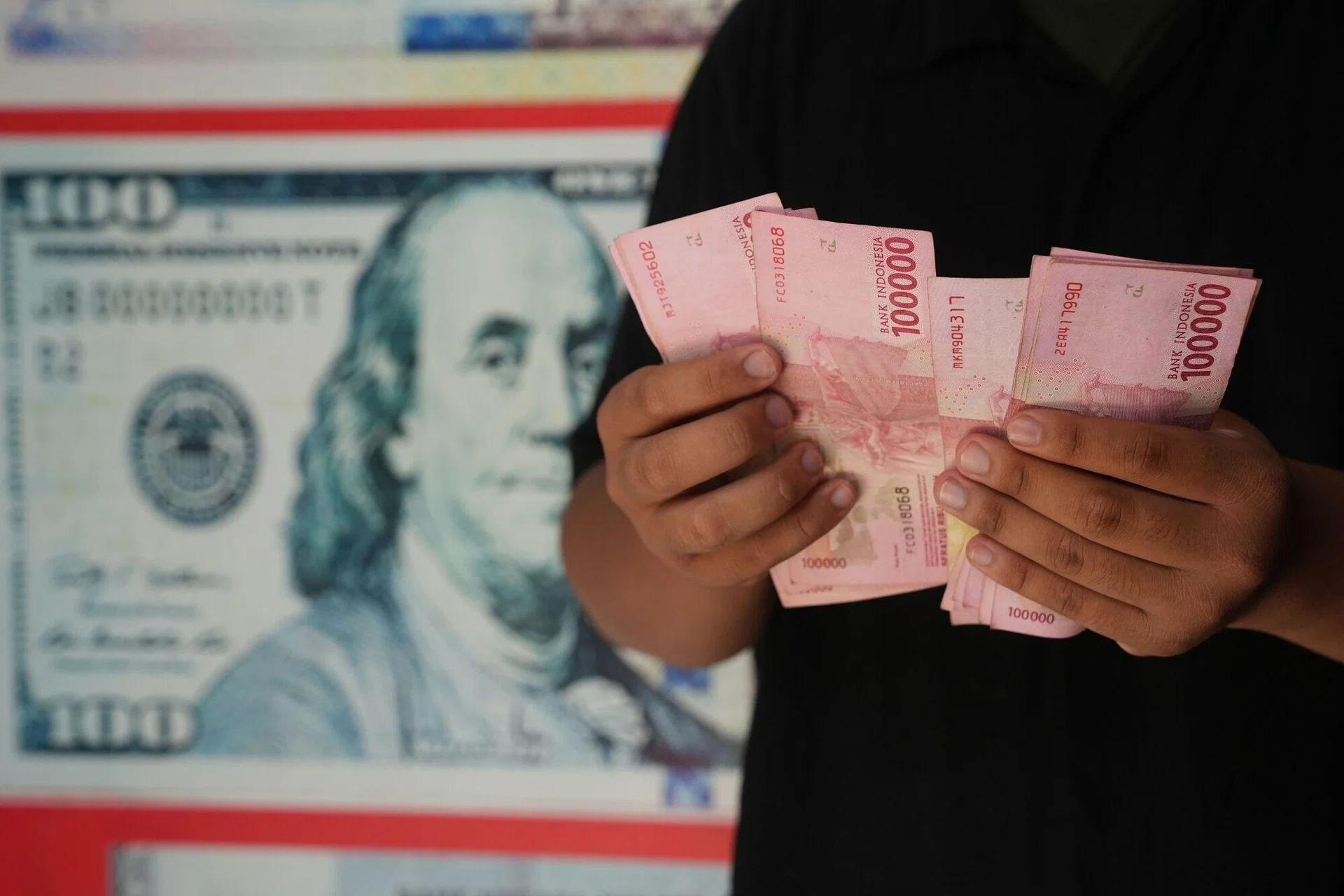SINGAPORE: When the Japanese yen weakened sharply in recent days, users of multi-currency e-wallets took the opportunity to exchange Singapore dollars for yen.
YouTrip, a Singapore-based operator, said it saw the highest daily volume of SGD-JPY conversions on Wednesday (Oct 8), when users were able to receive 117.85 yen for every Singapore dollar. This new record surpasses the previous high by 77 per cent, when yen plunged in 2024, chief operating officer Kelvin Lam said.
According to him, the “massive surge” began on Oct 6, with the number of daily conversions jumping 14 times from the day before as the yen weakened to 116.9 per Singapore dollar.
Revolut, which is headquartered in the UK, also said more Singapore users exchanged Singapore dollars for the weaker yen. Compared with Oct 1, the volume of currency exchanges was more than 13 times higher on Oct 8, and the number of users who made conversions spiked close to 9.5 times.
“The most significant spike occurred from Oct 6 onwards with transaction volumes surging more than tenfold compared to the start of the month, reflecting a clear trend among Singaporeans responding to the weakening yen,” said Ms Ashley Thomas, head of strategy and operations at Revolut Singapore.
For most of the past three months, one Singapore dollar could be exchanged for between 114 and 116 yen. As of Friday afternoon, the exchange rate was 117.63 yen per S$1.
The recent weakness in the yen has largely been attributed to the political transition in the country, with the ruling Liberal Democratic Party electing Ms Sanae Takaichi as their new leader.
Ms Takaichi was expected to become prime minister, although that has been thrown into question with Japan’s Komeito party quitting its coalition with the Liberal Democratic Party.
She is expected to favour more aggressive fiscal spending and looser monetary policies, said Mr Oriano Lizza, sales trader at CMC Markets Singapore.
“Her election has prompted traders to significantly dial back expectations for Bank of Japan (BOJ) interest rate hikes,” he said. An interest rate hike would likely have strengthened the yen.
DBS FX strategist Chang Wei Liang echoed the view. “Markets are expecting her to increase government spending and possibly lean against BOJ rate hikes,” he said.
However, he added that losing the support of its coalition partner Komeito will make it more difficult for the government to pass its budget, which could hem in Takaichi’s plans to expand fiscal stimulus. “The JPY is likely to pare its recent losses in such a scenario,” he said.
SINGAPORE’S LOVE AFFAIR WITH JAPAN
Japan has long been a popular destination for Singaporeans. In 2024, a record-breaking 691,100 Singaporeans visited Japan, up nearly 17 per cent from the year before.
In January, the Japan National Tourism Organisation said the surge was driven by the stronger Singapore dollar against the yen at the time, as well as the introduction of new flight services.
YouTrip’s Mr Lam said its users are likely exchanging money for their trips during the December holidays and ski season, or even for the cherry blossom season in March and April next year.
“The yen’s decline has amplified interest in Japan not just for tourism, but also for shopping, dining, and unique seasonal experiences,” said Ms Thomas of Revolut, adding that users are making the most of favourable exchange rates to boost their spending power abroad.
Both platforms said they expect their customers to continue monitoring rates and making conversions when the yen is weak.
Multi-currency wallet operator Wise also said the Japanese yen is one of the top five foreign currencies held in its users’ accounts.
“This data shows a clear trend of travellers planning ahead to maximise their budget,” said senior product manager at Wise, Yee Won Nyon.
OUTLOOK FOR THE YEN
The Bank of Japan is still likely to increase interest rates in the fourth quarter of the year, which could help the yen recover against the Singapore dollar, said Mr Chang.
Ruling party leader Ms Takaichi has also acknowledged the importance of fiscal consolidation, he added. “Market expectations of a large fiscal stimulus may be tempered, which could support the JPY too.”
Besides the short-term uncertainty around policy, he said longer term factors that could weigh on the yen include Japan’s ageing population and losing its competitive edge in manufacturing.
On the other hand, Mr Lizza said the yen is likely to remain weak in the near term as markets adjust to Ms Takaichi’s policy approach.
In the medium term, technical and economic indicators suggest the current weakness may not be sustainable, he said.
“As the yen approaches historically significant weakness levels, the probability of coordinated intervention increases,” he added.






